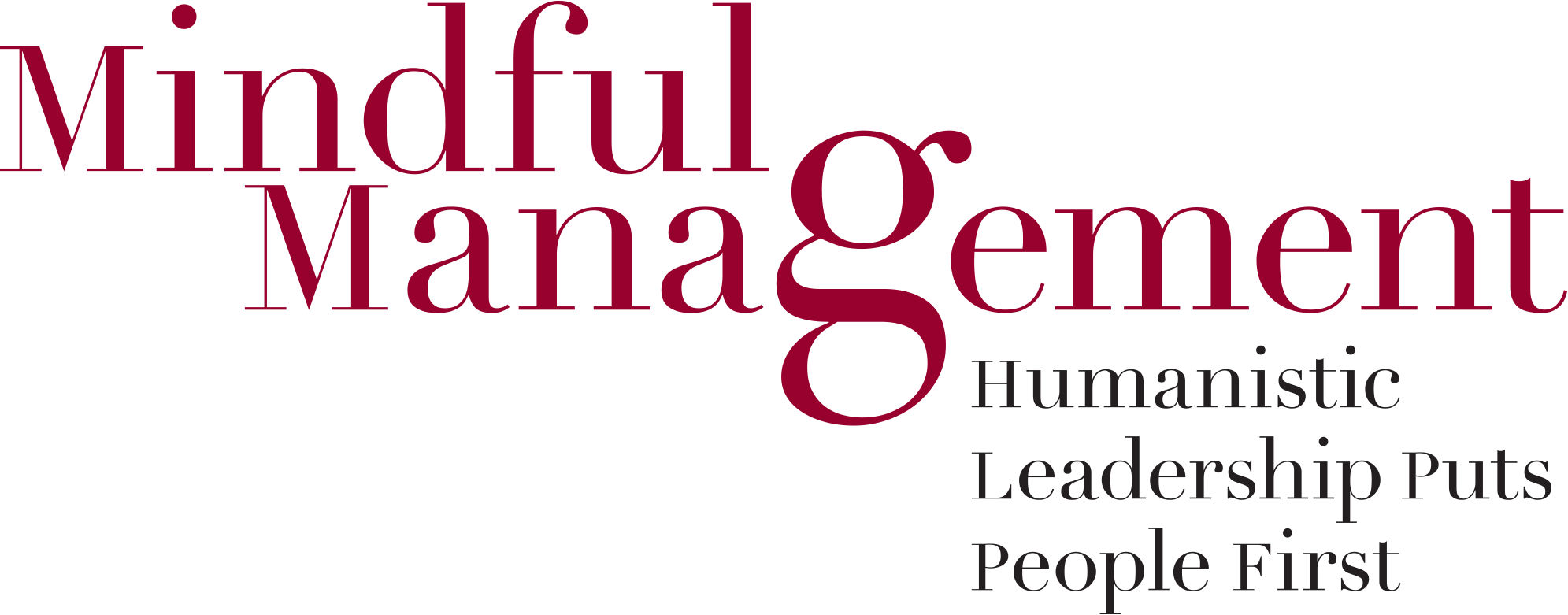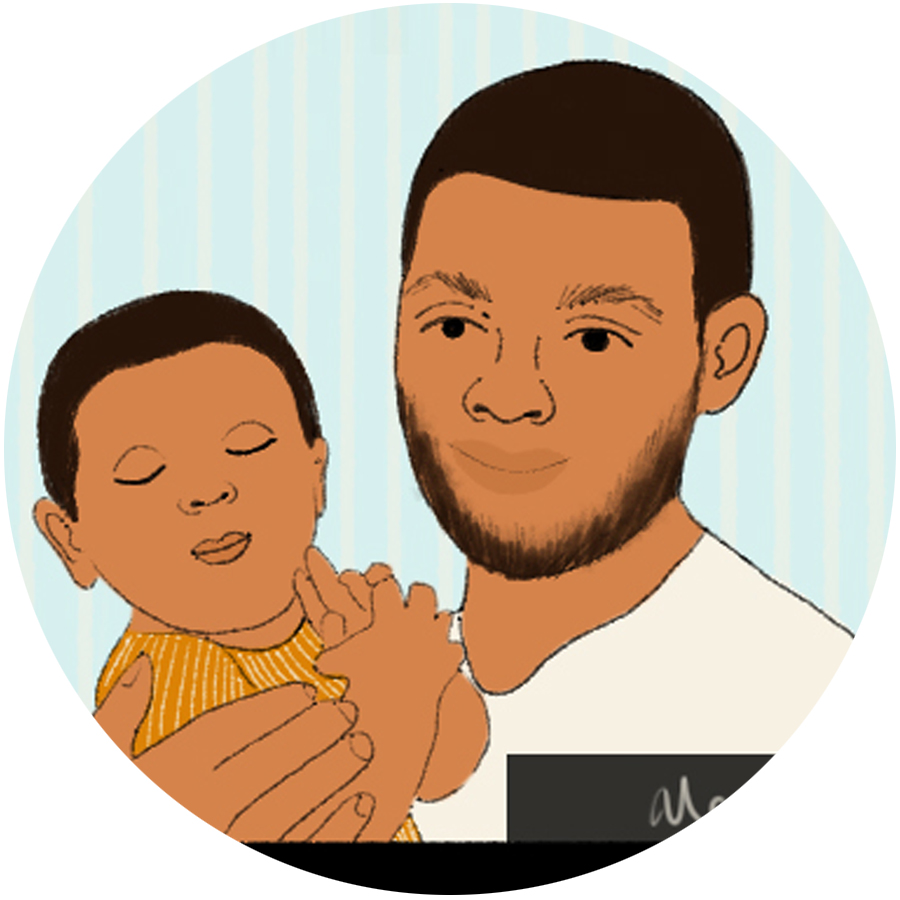

On March 26, the day the record jobless-claims number was reported, James Gorman, the CEO of the investment bank and financial services firm Morgan Stanley, sent a memo to the firm’s nearly 70,000 employees worldwide, 90 percent of whom were already working remotely.
“Thank you,” he concluded, “for what you do every day to make this firm so special.”
“That was a pretty dramatic statement to make at the time when the pandemic was just beginning,” said Mandell Crawley, MBA ’09, chief human resources officer at Morgan Stanley. “But throughout the pandemic, there has been a great deal of thought and care taken by the leadership team to do everything we could to stay engaged with our employees.”
Several financial services firms followed suit, but with its empathy for what Morgan Stanley’s employees were feeling and gratitude for their steadfast efforts during an extraordinarily challenging time, Gorman’s memo stands out as a prime example of humanistic management in practice, leadership that conveys a fundamental respect for human worth.
The Business Roundtable made headlines when it redefined the purpose of a corporation as serving all stakeholders—shareholders, customers, suppliers, communities, and, crucially, employees. But the old paradigm—that businesses exist primarily to serve shareholders—and the top–down leadership paradigm that goes with it are still deeply rooted in American business culture, according to Sophia Town, Ph.D., who joined the Gabelli School faculty in 2020 as an assistant professor of organizational behavior.
“I think it’s a crisis of our world-view and what we value,” she said. “Of course, profit and shareholder wealth are an important part of business, but they’re only one part. There’s also societal well-being, sustainability, and efficiency for the sake of all, not just the wealthy. We need to adopt a new model that serves all stakeholders.”
To prepare students to be leaders in this new way of running a business, Town said that business schools should equip them with at least two essential skills. The first is the ability to be a generous listener, which she defines as “listening with the intention of honoring the other person’s dignity as a human being,” as a way not only to benefit from the experiences and insights of others but also to foster well-being in the workplace. The second is integrity. By being honest with themselves and others in admitting mistakes, communicating transparently, and making hard choices for the common good, leaders create an environment in which other members of the organization feel safe in taking ownership of their own actions.

At Morgan Stanley, following the transition to conducting its business remotely, it was able to carry on more or less normally, Crawley said. In fact, 2020 was a record year for the firm, driven by the fees generated by the gyrations in capital markets.
“Because we were able to service our clients and execute on their behalf at a high level, with the exception of March’s market meltdown, we were able to bounce back quickly,” Crawley said. “Even though we normalized our operating performance, we had many of the same challenges other industries experienced.”
The company’s leaders realized they had to focus on the well-being of their newly homebound employees. In addition to CEO Gorman’s declaration that there would be no layoffs in 2020, the firm also expanded its employee benefits to cover more child care expenses, provide free COVID-19 testing, and offer access to mental-health therapists for employees suffering from depression, isolation, grief from losing loved ones, and the general stress of life under lockdown.
Beyond these formal steps, however, Morgan Stanley executives have tried to maintain the communal bonds of a workplace, Crawley said, for example, by calling employees not for business reasons but simply to stay in touch. And when the firm announced its annual promotions in January, it held a virtual celebration.
“We tried to make those promotions as special as we could,” he said. “For us, it’s really been about engagement and focusing on the well-being of our employees.”
That is dramatically different from the standard image of leadership as a top–down exercise focused on an authority figure, and it is part of a change that is necessary in corporate culture for companies to be successful in the future, according to Town.

“One student created a neighborhood event to bring people together in a class-neutral setting, and another started a program to pair shelter animals with people suffering from anxiety,” Town said, noting that one of the goals of the assignment was to show that leadership is not a one-person act but about building relationships. “The projects had to be bigger than themselves and not about them. The students used all of the communication-based leadership practices that we were teaching to bring their projects to life.”
As a requirement, the students had to make what Town and her fellow researchers called “unreasonable requests”—something that was outside their comfort zone—a regular part of a real leader’s work life. Typically, that meant seeking buy-in from others, such as the medical center and animal shelter in the program to pair animals with anxiety patients. And if the students failed to follow through on a commitment, they had to admit it to their team and correct it.
“That’s a very leaderly thing to do,” Town said. “I wish more leaders were that way.”
At the end of the semester, human relations professionals evaluated which students they would be likely to hire for leadership positions. Members of the second, experiential class were found to be far more qualified than students from the conventional leadership class.
Students from the experiential class also reported higher levels of self-efficacy and belief in their ability to get things done and persuade others to come along with them.
“At the end of the course, the students were changemakers,” Town said. “They said, ‘If I can do this, if I can create this thing in one semester, what else can I do?’”
Town is now incorporating some of the techniques from the research project into her Gabelli School classes, and she is finding that students are eager to learn new forms of leadership.
“It’s really important for our millennial and younger students, who are very values driven,” she said. “There’s been an awakening in today’s students that I don’t think would have been true 10 or 20 years ago.”
“The consciousness of the country was shaken,” Crawley said. “Given how stark that event was, it surely catalyzed a lot of action around DEI in corporate America. At least a quarter of our employees are ethnically diverse—and I put myself in that category—and putting our arms around them and letting them know they are a critically important part of our community was imperative.”
Addressing DEI in the workplace exemplifies a core concept of humanistic management: acknowledging and expressing respect for the basic human worth of every person. At its heart, humanistic management means creating the conditions for others to fulfill their potential, including by being open to hearing their perspectives and acknowledging their contributions.

When Doerr arrived at Credit Suisse, she encountered an environment where change was needed and employees—particularly minority employees—were asking for it. From formal listening tours to scores of casual coffees and dinners, she worked to demonstrate the bank’s commitment to DEI and to build trust, an undertaking that took months.
As she had done at Thomson Reuters, Doerr initiated a multifaceted strategy that was both qualitative and quantitative, including metrics to follow the progression of diverse employees up the career ladder. But, she added, it was also important to measure the nondiverse employees to make sure they believed in the importance of diversity and inclusion. As part of the performance-review process, for instance, supervisors were asked for examples of diverse talent they had hired and steps they had taken to retain such employees.
These quantitative measures have a very qualitative goal: to promote a feeling of belonging on the part of Black and other minority employees, a quality that is crucial for all workers to share if a business is to thrive.

Stevenson Swanson is a New York–based freelance writer. He is a former national correspondent for the Chicago Tribune.
Ojima Abalaka has illustrated for clients such as The New Yorker, Human Rights Watch, and The New York Times. Her work explores rest, people, and identity in the context of everyday life.


Humanistic management—a people-oriented theory that focuses on the relationship between the company and its employees–has long been a deeply rooted part of the Gabelli School’s culture.
Throughout the many challenges of the past year, Fordham University and the Gabelli School have been committed to caring for the emotional and physical needs of their faculty, staff, and administrators.
- Following the transition to virtual learning, IT training was rapidly deployed to give Gabelli School faculty, staff, and administrators full access to multiple video-based platforms.
- In spring 2020, Joseph M. McShane, S.J., president of Fordham, announced the university’s intention to keep its entire workforce employed throughout the 2020-2021 academic year despite steep financial challenges.
- During the summer, faculty and staff Q&A sessions addressed working remotely and the health and safety measures that would come with offering both hybrid and virtual learning modalities.
- Throughout the pandemic, Fordham University offered students, faculty, and staff free and easily accessible COVID-19 testing at both the Rose Hill and Lincoln Center campuses, and in March 2021 began working with outside organizations to offer vaccines on or near campus.
- Dean Rapaccioli hosted various virtual celebrations to mark events such as the end of the school year and the start of the holiday season; the 2020 winter break for Fordham employees was also extended by three days.
- The Gabelli School’s Office of Diversity, Equity, and Inclusion hosted many events to increase awareness around racial injustice and offer engagement opportunities.
- In support of its employees, Fordham offered all employees 24/7 access to Ginger, an on-demand, confidential mental health counseling app.